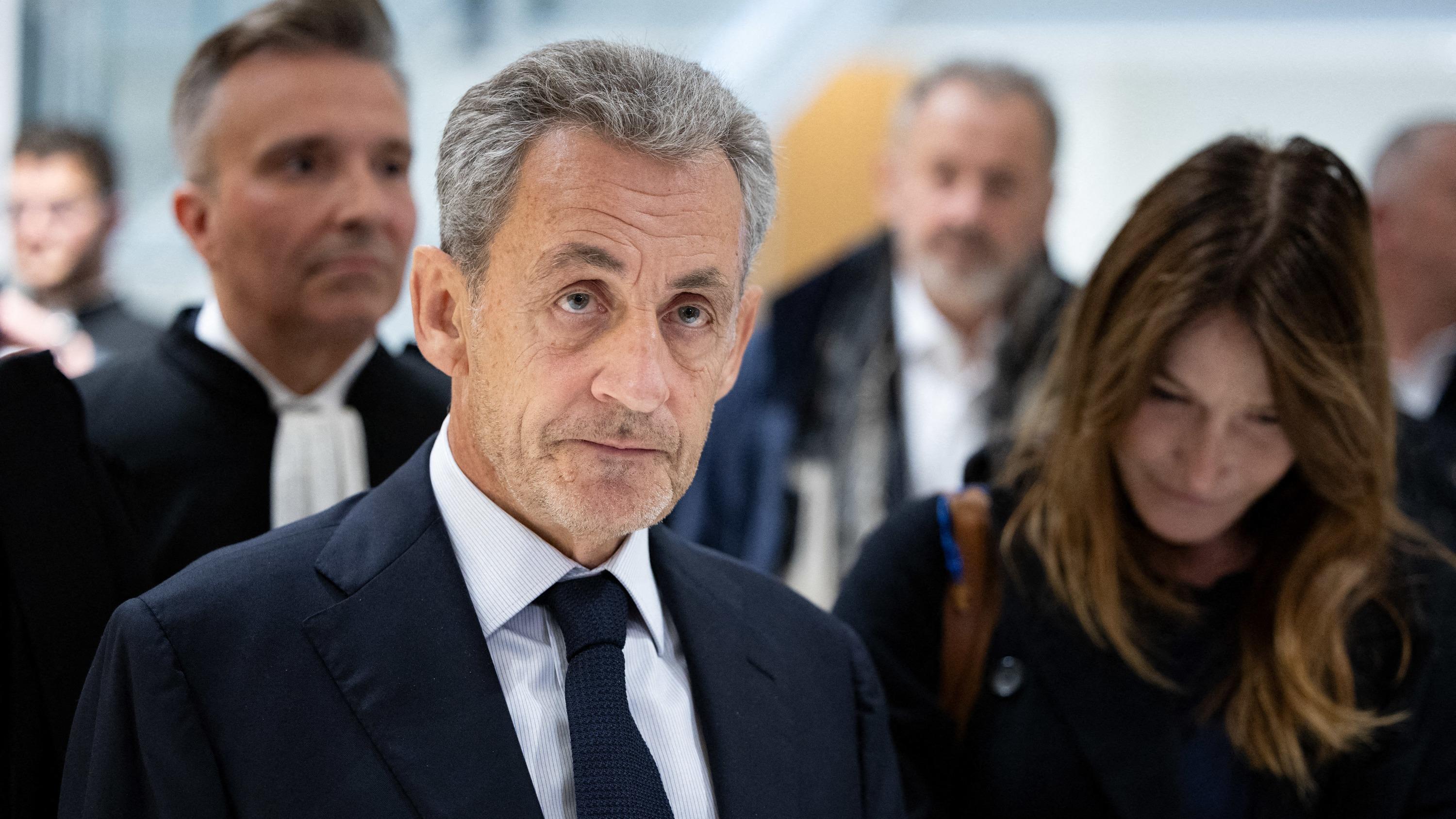Nicolas Sarkozy Sentenced to Five Years in Prison for Libyan Financing Scandal
Nicolas Sarkozy has been sentenced to five years in prison for involvement in the Libyan financing scandal, igniting political debates in France.
- • Sarkozy sentenced to five years in prison for Libyan campaign funding involvement.
- • A disputed document from 2006 is central to the case, now deemed likely a forgery.
- • Political reactions range from disbelief to calls for a presidential pardon.
- • This marks a historic moment as it is the first instance of a former French president facing prison time.
Key details
Nicolas Sarkozy has been sentenced to five years in prison following his conviction for involvement in the alleged Libyan financing of his 2007 presidential campaign. The verdict, delivered on September 26, 2025, has sent shockwaves through the political landscape in France, raising significant questions about the integrity of the justice system and the broader implications for French politics.
The conviction centers on accusations that Sarkozy received €50 million from the Libyan government to fund his presidential bid, a claim tied to a controversial document from 2006 that is now considered highly likely to be a forgery. This document, publicized by Mediapart in 2012, suggested support from Libyan intelligence but will not be considered valid evidence in court, according to judicial sources. It implicated Sarkozy's associates, Brice Hortefeux and Ziad Takieddine, in the discussions of the purported funding arrangement.
In the aftermath of the ruling, Sarkozy reportedly spoke with Bruno Retailleau, the new leader of France's right-wing Les Républicains party, reflecting the serious emotional responses within his political circle. Retailleau and others in the Party expressed disbelief at the severity of the sentence, fueling discussions about the possible need for a presidential pardon. Senator Stéphane Le Rudulier has called for President Emmanuel Macron to provide some form of clemency, arguing that it is crucial for Macron, as the guarantor of institutions, to consider intervention.
The sentencing of Sarkozy represents a historic judgment, marking the first time a former French president faces incarceration. This incident could potentially reshape the political landscape in France, with divisions emerging even within Sarkozy's party regarding how to respond to this crisis. The political class's mixed reactions range from shock to calls for a more robust defense of Sarkozy, as the debate surrounding the justice system's handling of political figures intensifies.
As the situation develops, observers are keenly watching for the political and legal ramifications of Sarkozy's conviction and whether it may spark broader reforms or shifts in French politics.
This article was translated and synthesized from French sources, providing English-speaking readers with local perspectives.
Source articles (2)
Source comparison
Latest news
PSG’s Achraf Hakimi Sent to Trial Over 2023 Rape Allegations
Study Reveals Severe Financial and Housing Hardships Among French Students
Political Shifts and Calls for Reason Mark the Lead-up to 2026 French Municipal Elections
Seminar Evaluates Economic and Legal Impact of Ruptures Conventionnelles on French Employment
Exceptional Flooding in Early 2026 Paralyzes Key Sectors of the French Economy
Shein Expands Retail Presence in Five French Provincial Cities Ahead of 2026 Municipal Elections
The top news stories in France
Delivered straight to your inbox each morning.

